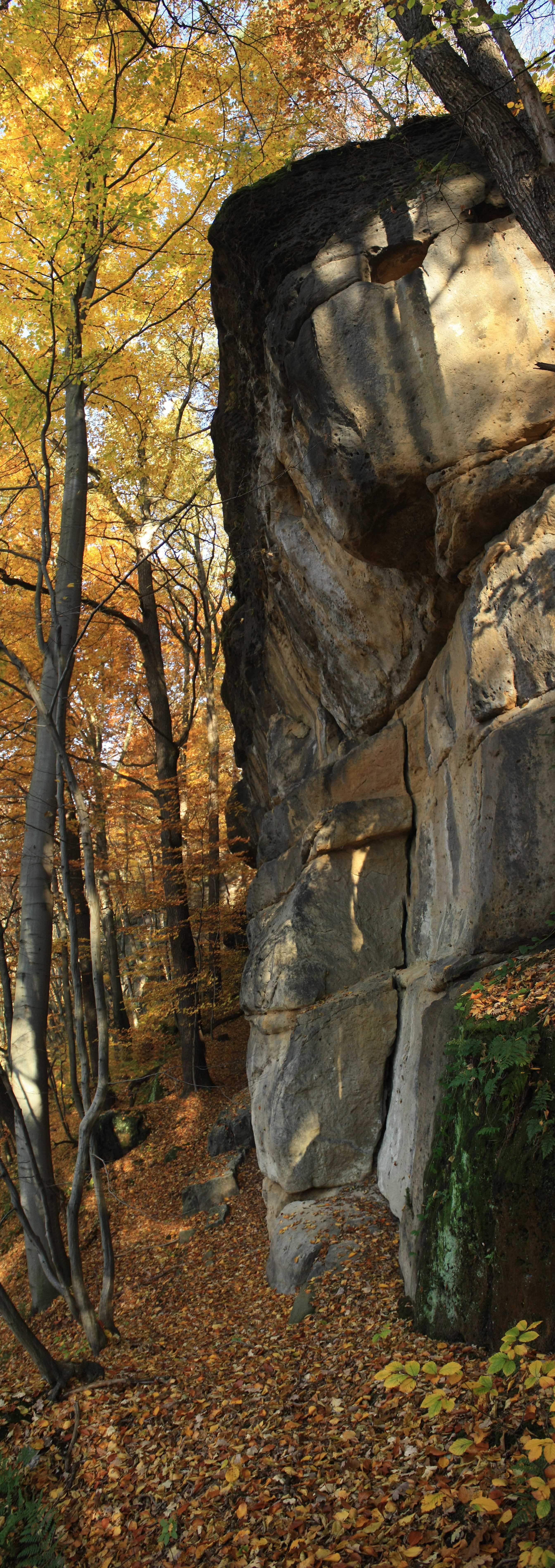“The conquest of the useless” is what Lionel Terray called mountain climbing after the first ascent of Annapurna in 1950. On the other hand, it exerts a distinct fascination on many people. The special attraction of rock climbing as an independent form of mountaineering is, besides the sporting challenge and self-awareness, especially the high value experience of nature. Climbing offers physical balance, promotes ambition and fairness and a sense of community and responsibility. It is often the pure joy of moving outdoors and thus intensifies your feeling of life. And, in addition, it offers the opportunity to become more aware of environmental protection needs.
Information for your climbing tour
Sorry, the following documents are currently only available in German:
- Saxon climbing rules 2014
- Mountaineering Conception for Sax. Switz. Area of Outstanding Natural Beauty – climbing summits and routes
- New statistics for summits
- Approved bivouacs in the National Park
- Mountaineering conception – Bivouacs (announcements)
- Mountaineering conception – climbing summits
- National Park Bohemian Switzerland Summits
- The following link provides further interesting downloads
Rocks and rocky landscapes
… belong to sensitive habitats, where many rare or even endangered animal and plant species occur. In the course of time climbing has become a popular sport and the increasing number of climbers, who only have limited potential rock access, often leads to a high intensity of use. The resulting outcomes may be lasting impairments and disruptions of animals and plants. Ignorance and lack of awareness by climbers for natural conservation needs play a major role. The impairments include trampling on plants and soil erosion in the access areas, along the foot of the rocks and on the ledges and the rock itself. Moreover, breeding bird species can be strongly disturbed on the rocks and rock faces – in bad conditions, sometimes a single disturbance is enough for them to leave their breeding site and give up their brood.
“I reject the excessiveness of climbing. But its prohibition in its entirety would be a false principle. Climbing is such a beautiful and remarkably healthy sport that the banning of it would do irreparable harm to our youth. More discipline and a little more consideration for the rest of humanity by climbers – a little more friendly forbearance and justice by the opponents of climbing – and more collaboration and no feuding by both.”
Author unknown, 1908 (excerpt from “Heimatschutz und Klettersport” in “Ueber Berg und Thal”, Volume 8, Year 31, No. 3)












